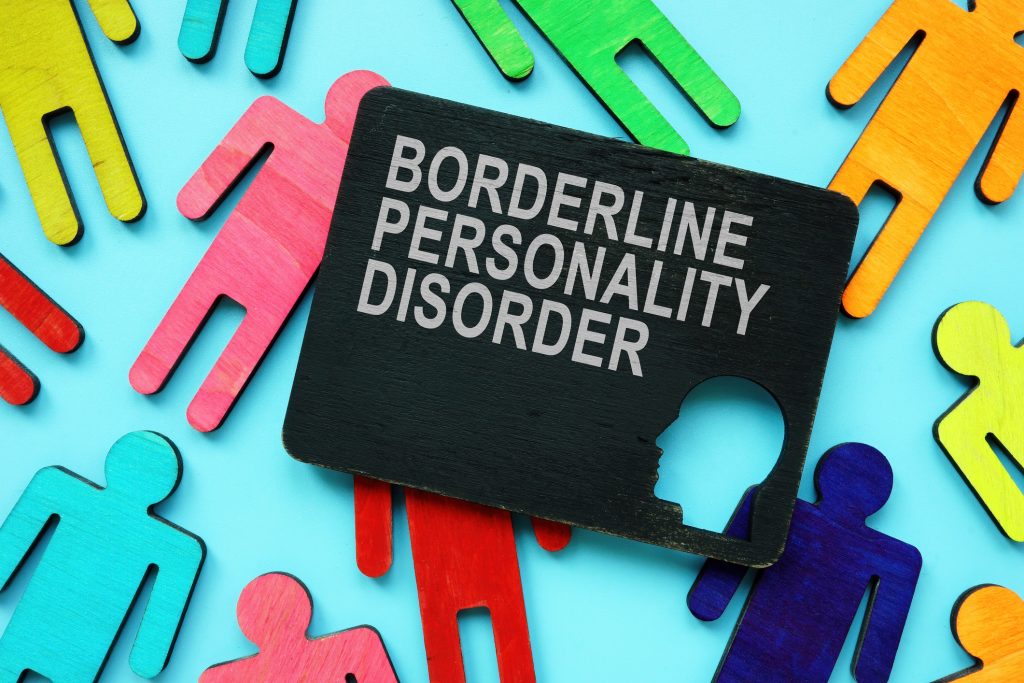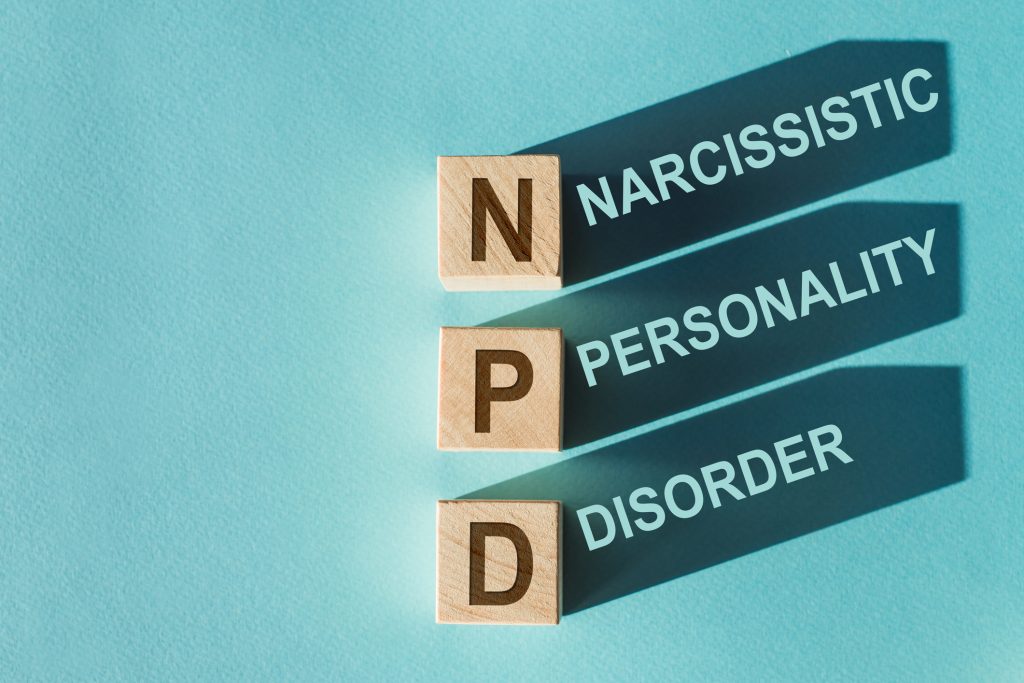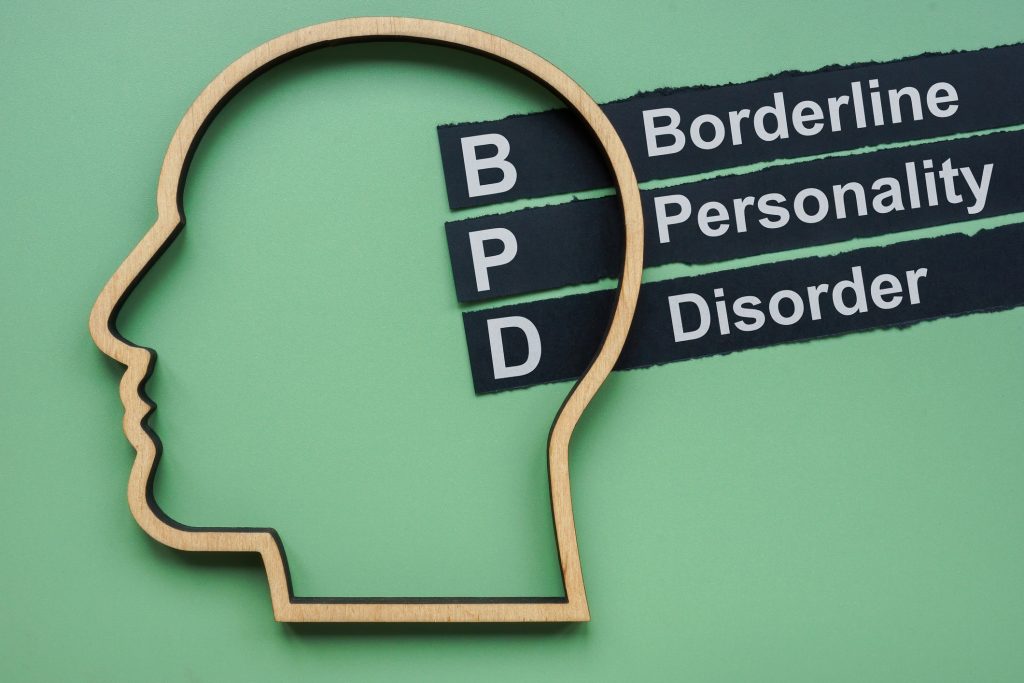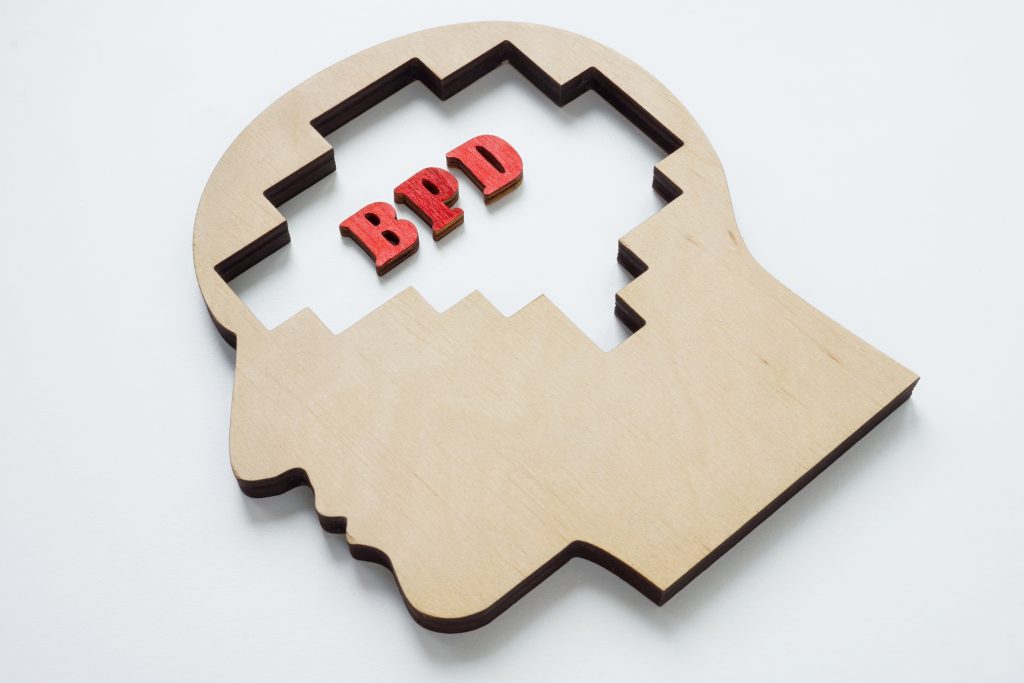
What are Enmeshment Relationships?
By JJ Keeler
Enmeshment can occur in all sorts of romantic, platonic, and familial relationships. It happens when one individual becomes consumed with meeting another person’s needs, so much so that they lose touch with their wants, values, and goals. A failure to meet the needs of the other person (or a perceived failure) can even result in feelings of anxiety and distress.
Enmeshment in Romantic Unions
Enmeshment often occurs among couples, as one partner feels overly responsible for managing the other’s feelings, problems, and responsibilities, ultimately prioritizing their partner over themselves.
They may also put their partner on a pedestal and fear letting them down, doing something their partner would disapprove of, or upsetting them. While healthy relationships involve partners who want to make each other happy, enmeshment weaponizes this desire.
Enmeshment in romantic relationships also typically harbors the concept of “no me, just we.” In other words, the couple fails to have independent friends or hobbies outside the relationship. They do everything together or nothing at all.
Enmeshment in Familial Relationships
Enmeshment in families most often happens in close families (both in terms of connection and location). It can occur between parents and kids, among siblings, or between various family members. In enmeshed families, boundaries blur so much that they disappear altogether, displaced by over-involvement in someone else’s everyday life and decision-making.
A few of the ways this might present include the following:
- Parents who demand a say in their grown children’s career choices
- A mother who views her son’s moving away as an act of betrayal (even if that move is due to a job or other opportunity)
- A sister who oversees her grown brother’s dating life
- An adult child who refuses to spend their own money without obtaining parental approval
- A brother who reads his sister’s diary under the guise that he’s trying to protect her
Merging Without Enmeshment
Healthy relationships require two (or more) people to connect without engaging in enmeshment. The way to foster this type of balance includes the following:
- Set healthy boundaries: If relationships had a motto, this would be the tagline! Setting boundaries includes permitting yourself to say “no” to things that don’t align with your goals and conveying your limitations and needs.
- Focus on yourself: Focusing on yourself means exploring what you like, dislike, and value. It also means giving yourself space to pursue these passions and engage in self-care (whether enrolling in a yoga class, volunteering at an animal shelter, or learning how to draw).
- Get professional help: Untangling from enmeshment on your own is challenging, but soliciting professional support can give you access to tools and guidance to make the barrier easier to overcome.
Enmeshment is never a good dynamic, whether between families, friends, or star-crossed lovers. Recognizing that it’s happening is the first step in rebuilding your relationship with a healthy, balanced foundation at its core.
























